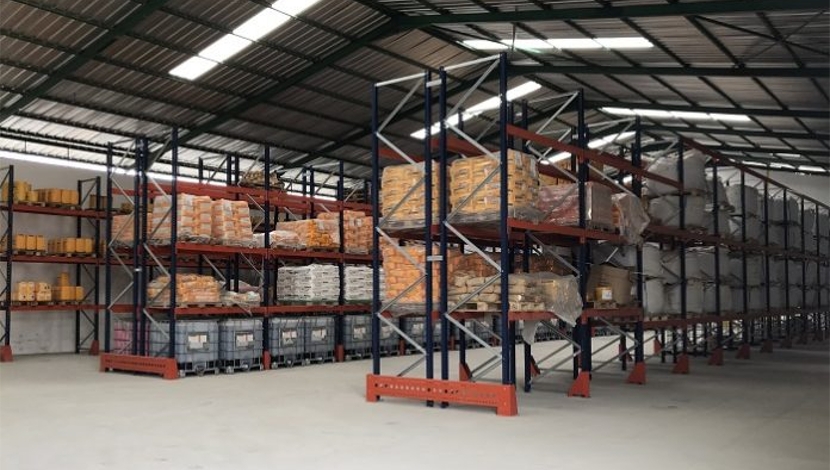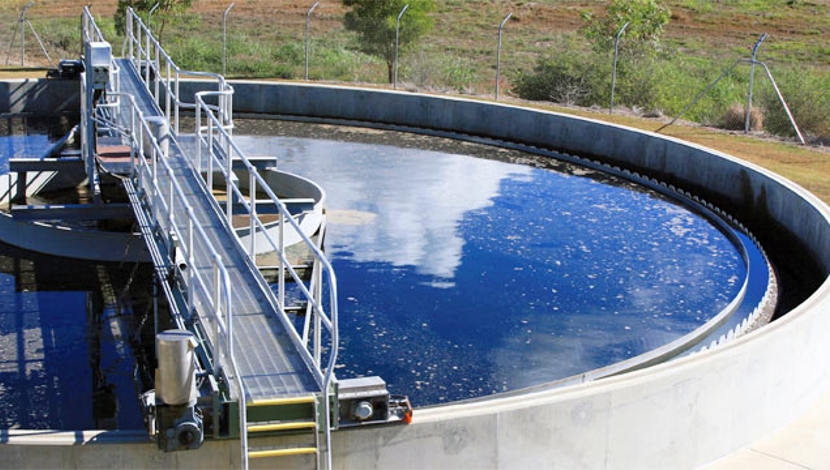
Pakistan approached the World Trade Organisation (WTO) in November for dispute settlement consultations with South Africa regarding the imposition of provisional antidumping duties on portland cement.
The action was precipitated by what Pakistan considered to be South Africa’s inconsistent treatment of various articles of the Anti Dumping Agreement and South Africa now needed to respond.
The mater emanated from a dumping investigation initiated by International Trade Administration Commission of South Africa (Itac) on August 22, 2014, which resulted in provisional antidumping duties, ranging from 14.29% to 77.15%, being imposed earlier this year.
Following the publication of the provisional antidumping duties, Global Cement reported that the Pakistan government would either hold bilateral consultations with the South African government, or request WTO consultations.
Lucky Cement had filed papers in the High Court in Pretoria contesting the Itac determination.
Pakistan alleges that Itac’s methodology for determination of material injury is flawed, claiming the commission used a four-year period of investigation, instead of the three years prescribed for causation analysis.
Itac also failed to examine, Pakistan says, the relationship between the alleged dumping and worsening conditions in its domestic industry, particularly the effects of the decartelisation.
The November 9 submission asserts that Itac did not properly examine the entire product under investigation and limited its injury analysis to bagged cement, while disregarding sales by the Southern African Customs Union (SACU) industry of the bulk cement.
Finally, Pakistani argues that its exporters were not given a fair opportunity to defend themselves and were denied access to the trade statistics.
Since final antidumping duties were not imposed, the duties have lapsed and SACU importers can now apply for a refund of the antidumping duties.





